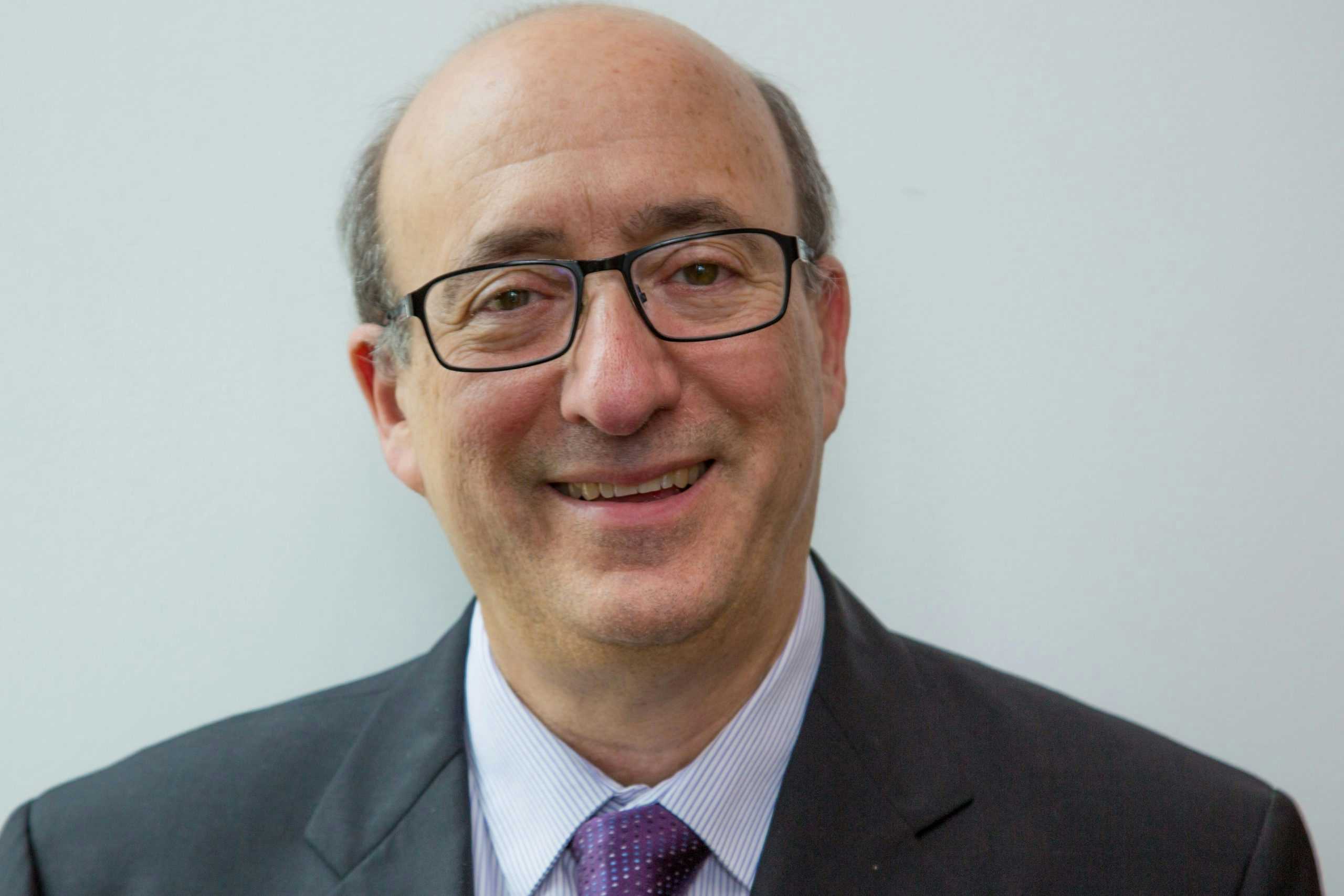
How Industry Manipulates Science to Downplay Risks
For decades, the tobacco industry was able to ward off anti-smoking policy by claiming that science did not support it. In hindsight, it is clear that most epidemiologists came to the conclusion that smoking is bad for health without much delay. But tobacco companies were able to exploit disagreements over a few facts to sow doubt that held up public health policy for a long time. Our guest describes how industry manipulates science to downplay the risks to the public.
Science for Hire:
Evidence-based medicine is supposed to be based on science. We may think of scientists as secluded in academic laboratories, striving to uncover the truth. In fact, however, many scientists work for corporations and in industries where exposing the truth might interfere with profits.
How does the struggle between the desire to protect profits and the need for transparency play out? Our guest suggests that industry manipulates science as it did in the case of bisphenol A. This compound was found in plastic containers, the linings of cans or cash register receipts. Millions of people are exposed to products like BPA every day. Even when the hazards come to light, the compounds chosen as replacements may not be safe.
According to our guest, Dr. David Michaels,
“These deceptions affect every part of American life: the air we breathe, the water we drink, the food we eat, the cars we drive, and the sports our children play.”
When Industry Manipulates Science to Produce the Opioid Epidemic:
The opioid epidemic is a particularly harsh example of this phenomenon. The companies producing narcotic painkillers knew quite well that their drugs would be addictive. But they took advantage of an informal observation–not a study–published years ago to suggest that, when used to alleviate pain, these medicines are not actually addictive. We have seen the dire consequences of manufacturers promoting this idea while pharmacies and healthcare providers accepted it uncritically: uncounted lives destroyed in every part of the country.
“Junk Science:”
Big Pharma, Big Ag and Big Food are following the trail that Big Tobacco blazed. One of the weapons that they use to protect themselves from studies that show harm from their products is to declare them “junk science.” Research showing problems with the pesticides glyphosate and chlorpyrifos has been declared junk science. So have studies on asbestos in talcum powder, not to mention traumatic brain injury in football players.
Capturing the Regulators:
You probably imagine that organizations like the Food and Drug Administration or the Environmental Protection Agency are watching out for us. After all, their mission is to keep the American public healthy. However, here is another way industry manipulates science. Unfortunately, many industries have figured out how to take over the regulatory agencies that are supposed to protect the public. Because industry pays better, it isn’t unusual for staffers to take high-powered positions in industry. How does that impact the effectiveness of those who stay behind?
This Week’s Guest:
David Michaels, PhD, MPH, is Professor of Environmental and Occupational Health at the George Washington University Milken Institute School of Public Health. He served as Assistant Secretary of Labor for the Occupational Safety and Health Administration (OSHA) under President Barack Obama from 2009 to 2017, the longest serving administrator in the agency’s history. Prior to that, he served under President Bill Clinton as Assistant Secretary of Energy for Environment, Safety, and Health, charged with protecting the workers, community residents and environment in and around the nation’s nuclear weapons facilities. Professor Michaels is the author of Doubt Is Their Product and The Triumph of Doubt: Dark Money and the Science of Deception.
Listen to the Podcast:
The podcast of this program will be available Monday, June 29, 2020, after broadcast on June 27. The show can be streamed online from this site and podcasts can be downloaded for free. CDs may be purchased at any time after broadcast for $9.99. The podcast contains additional information on sugar and how that industry manipulated science. We also discuss the conflicts of interest that arise regarding drug research funded largely by the pharmaceutical industry. How do we decide that research has provided adequate information for action?

